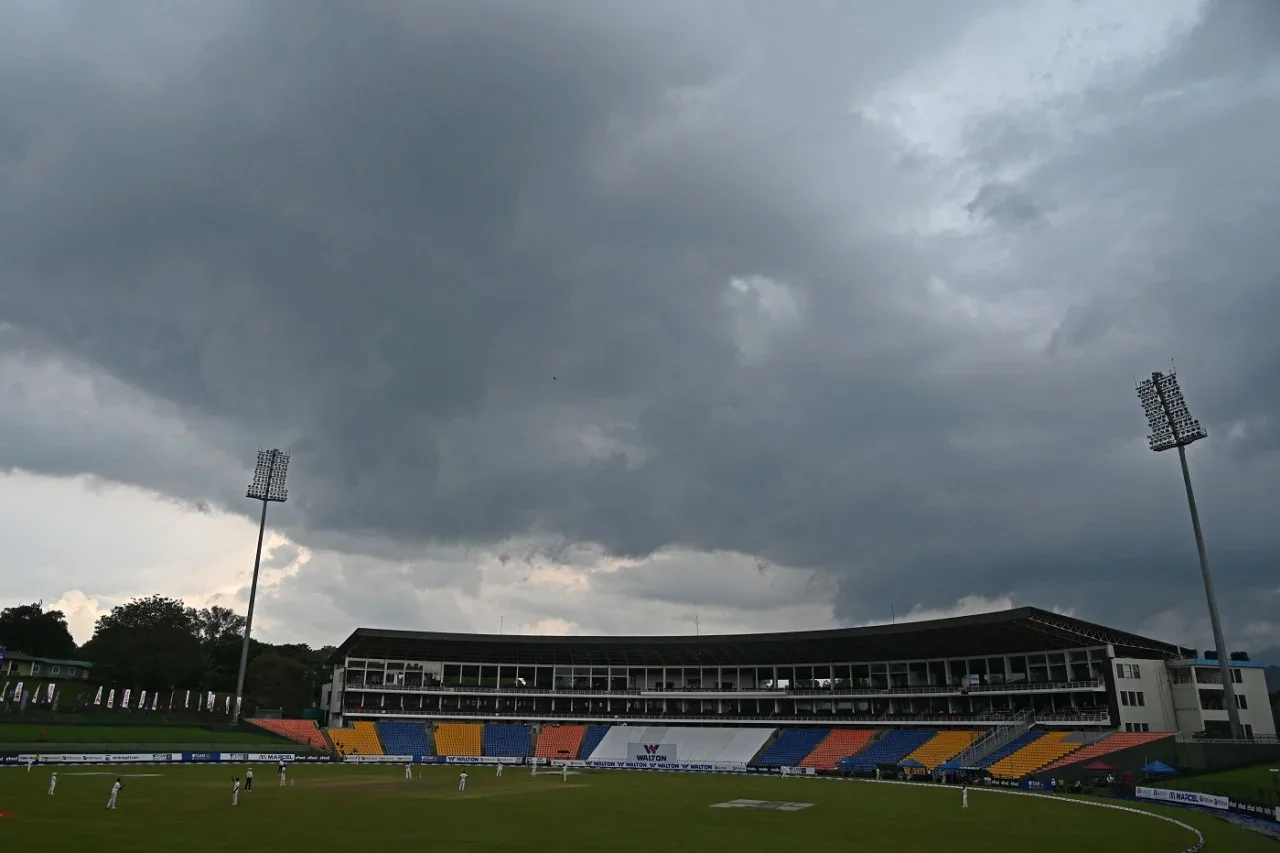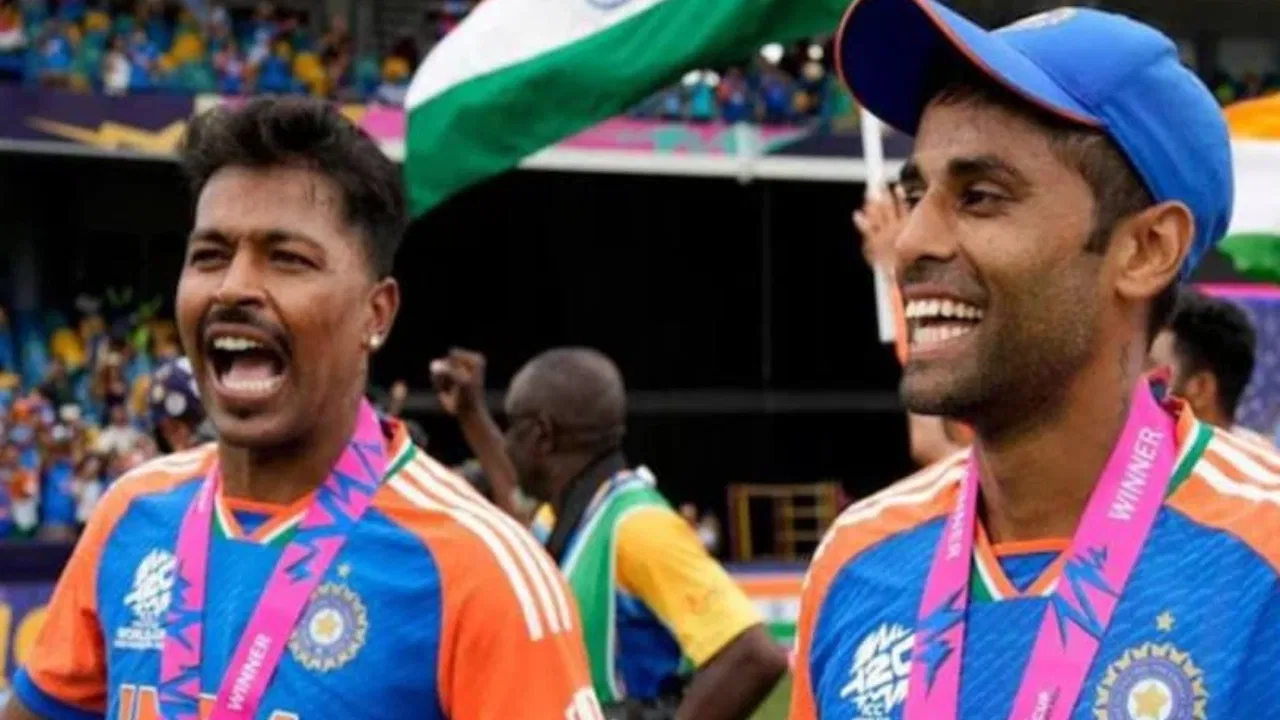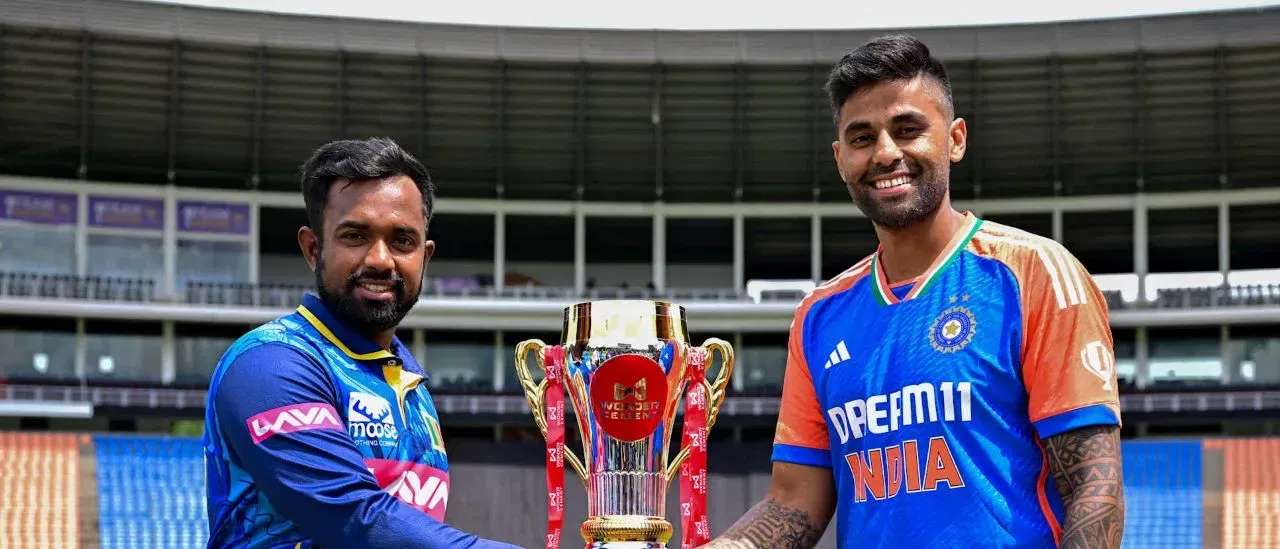Between 2014 and 2017, the football powers that be in Europe were rocked by what was widely described as an “exodus” of talent. The Chinese Super League (CSL) had been recruiting players from around the world for quite a while but in this period, the clubs in the league started attracting those who arguably still had a few years of top flight football left in them. Soon, Brazilians Oscar, Ramires and Hulk, Argentine star Carlos Tevez and even players like Yannick Carrasco, who was still considered an up and coming star for Belgium at the time, chose China over the prospects of playing in the European big leagues.

The fear was that the Chinese league had “hijacked” the transfer market by offering obscene sums of money to the players. These fears remain still, but it is not China who continues to challenge the European hegemony, but Saudi Arabia.
Fundamental difference hiding in the similarities
In June this year, Aleksander Ceferin, president of Europe’s continental football governing body UEFA, said that Saudi Arabia’s recent spending spree on some of the biggest names in world football is only taking it down the road that the CSL already went on. “I think that it’s mainly a mistake for Saudi Arabian football. Why is that a problem for them? Because they should invest in academies, they should bring coaches, and they should develop their own players. The system of buying the players that almost ended their career is not the system that develops football,” he said. “It was a similar mistake in China when they all brought players who are at the end of their career.”
For now, the similarities between the Saudi Pro League and the Chinese Super League ends with the kind of money that the biggest clubs involved in the two competitions shelled out. The Saudi wave is an ongoing phenomenon, with Cristiano Ronaldo’s arrival in the league last season being followed by the acquisitions of Ballon d’Or holder Karim Benzema, N’Golo Kante, Roberto Firmino among others. The Chinese league also saw this phase, although it could never sign a player of Ronaldo’s stature, and in a couple of years it was followed by bankruptcies, corruption scandals and no visible improvement in standards in the country’s football. All of this came before the financial hammer blow of the Covid-19 pandemic and now, the CSL clubs are hardly a player in the global transfer market.
China’s downfall really started with a lack of clear directives to the club owners as to just how much money they can spend. The government was soon alarmed by the amounts leaving the country and entering the wallets of clubs, players and agents. While it is perilous to predict the future, the Saudi spending seems to be on firmer ground. It is part of Vision 2030 – a government program launched in April 2016 which broadly aims to diversify the country’s economy beyond its reliance on oil. A look at just Ronaldo’s Instagram activity since joining Al-Nassr shows just how much the signing of these players will help the country project itself as a leisure and tourism destination.
The spending spree
The numbers are staggering. Brazil superstar Neymar is expected to earn over 200 million Euros for a two-year stay at Al-Hilal. Ronaldo’s two-year contract has been estimated by the media to be worth more than 200 million euros. Benzema’s two-year contract with Al-Ittihad is worth 400 million Euros while Kante is on 86 million Euros per year in his four-year deal with the same club.
The big deals that didn’t go through are even more mind-boggling. Kylian Mbappe had turned down an offer from Al-Hilal in which they were ready to offer his club Paris St Germain a record 300 million Euros while the striker himself would have earned 700 million Euros. All of it for just a year, after which he could join Real Madrid or any club that he wishes to. Lionel Messi, meanwhile, had reportedly spurned a deal worth over 365 million Euros with Al-Hilal to play for David Beckham’s Inter Miami in the USA.
Over the course of the ongoing summer transfer window, there has hardly been any deal involving a fairly prominent player between European football clubs in which a Saudi club hasn’t come into the picture directly or indirectly. Liverpool’s rather uncharacteristic 111 million pound bid for Moises Caicedo, an attempt to hijack the Brighton midfielder’s ultimately successful transfer to Chelsea, was triggered by the club abruptly losing their midfield powerhouses Jordan Henderson and Fabinho to Saudi clubs. There are murmurs in European media of agents saying loosely that players are able to multiply their wages 10 times over if they get a move to Saudi Arabia. According to The Guardian, Saudi Arabia has spent at least $6.3 billion in sports deals since early 2021
The downsides
Much of this expenditure is powered by Public Investment Fund, the sovereign wealth fund of Saudi Arabia that was created in 1971. The PIF is also part of the consortium that owns Premier League club Newcastle United and wholly owns LIV Golf series which has gone on to sign some of the biggest players in the sport. All this came after the the country’s Council of Ministers granted the PIF authority to fund new companies inside and outside the Kingdom without the council’s prior approval in July 2014. In the years since, the PIF is said to have been aligned completely with Vision 2030. Strangely though, the PIF has only acquired and bank-rolled the four clubs who have historically been the league’s elite – Al-Nassr, Al-Hilal, Al-Ittihad and Al-Ahli, which means that the danger of an imbalance of competition within the league still remains. Al-Ettifaq are the only club outside of these four who have made big signings, bringing on board Henderson and Liverpool great Steve Gerrard as their new manager.
Apart from sporting downsides, there is the topic that arguably stands above everything else and also seems to draw extreme reactions. Human rights groups including Grant Liberty, Amnesty International and Human Rights Watch term the Saudi expenditure on football and other sports as “sportswashing” – bankrolling big-name sporting events in order to distract from a poor record on human rights. The facts are hard to look past and sometimes, they spill on to the football deals as well. The video that Al-Ettifaq released to announce Henderson’s signing featured a montage of pictures and videos from the former Liverpool captain’s career and it was pointed out by many that the rainbow colours he used to sport on his skipper’s armband have been made black and white. Henderson had been a vocal supporter of LGBQT+ rights but in Saudi Arabia, homosexuality is illegal and penalties can including flogging, life imprisonment and even death.

Another factor that could affect the league’s stability itself would be internal politics and the effect that would have on long-term motivation. Unlike China, the Saudi Arabian football team are a formidable entity in Asia and showed just how dangerous they can be against the big teams in the Qatar World Cup. It is run by the Saudi Football Federation, who will now have to contend with the arrival of the PIF as a major player in the country’s football setup alongwith the Pro League and the sports ministry itself. While they may all be nominally aligned with the Vision 2030 document, they will have priorities that at times would bring them on a collision course with each other. The likelihood of the national team’s fortunes skyrocketing any time soon is low, genuine improvement in the sport can only be nurtured over the years and cannot be bought by any amount of money. But ignoring the potential political tug-of-wars in the entire operation could amount to the Saudi project imploding the way its Chinese counterpart did.










Leave feedback about this